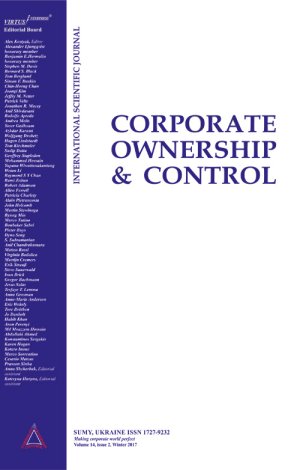
-
 Journal menu
Journal menu

- General information
- Editorial Board and External Reviewers
- Journal Policies
- Publication Ethics and Malpractice Statement
- Instructions for authors
- Paper reviewing
- Article processing charge
- Feedback from stakeholders
- Journal’s Open Access statement
- Order hard copies of the journal
- 50 most cited papers in the journal
THE IMPACT OF HRIS ON ORGANIZATIONAL EFFICIENCY: RANDOM OR INTEGRATED AND HOLISTIC?
Download This ArticleAbstract
This study assesses the extent to which the HRIS enhances organizational efficiency in an interrelated and holistic manner (as determined by its impact on areas of HR, time management, cost management and managerial satisfaction with the system). A sample of 101 managers was drawn from a Municipality in South Africa using cluster sampling. Data was collected using a self-developed, closed-ended questionnaire comprising of 28 items, the psychometric properties (validity, reliability) of which was statistically assessed using Factor Analysis and Cronbach’s Coefficient Alpha respectively. Data was analyzed using inferential statistics. The results indicate that HRIS significantly enhances overall organizational efficiency and its sub-dimensions (HR functions, time management, cost management and managerial satisfaction with the system) in an inter-related and holistic manner, though in varying degrees. Hence, the implementation of a proper HRIS has the potential to bring about operational effectiveness and enhance the realisation of the HR and corporate strategy, thereby ensuring organizational effectiveness.
Keywords: Integrated and Holistic Human Resource Information System (HRIS), Human Resource Functions, Time Management, Cost Management, Managerial Satisfaction, Organizational Efficiency
How to cite this paper: Kumar, N. A., & Parumasur, S. B. (2013). The impact of HRIS on organizational efficiency: random or integrated and holistic? Corporate Ownership & Control, 11(1-6), 567- 575. https://doi.org/10.22495/cocv11i1c6art4

















